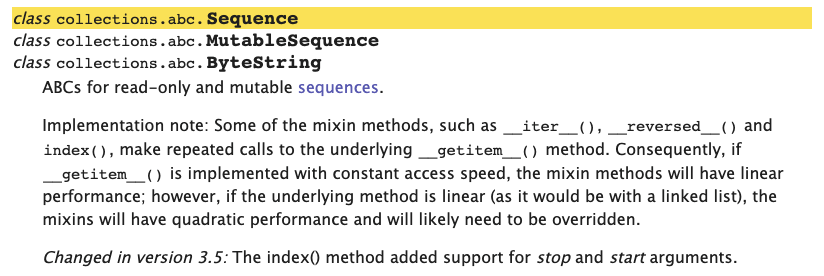False values, Logical operation and String format
In this post, I’ve learned what could be evaluated as False values in Python, short-circuit operation in logical operation, String formatting in Python.
False value in Python
- False and None evaluate to false
- Numeric zero values: 0, 0.0, 0j
- Decimal(0), Fraction(0, x)
- Empty sequences/collections: ‘’, (), [], {}
- Empty sets and ranges: set(), range(0)
- Custom object function overrides bool return False or len return 0
These are the list of false values in Python. If we want to use conditional statements, this is what we should know about. It seems False values in Python are different from other languages.
class Custom:
def __len__(self):
return 0
def __bool__(self):
return False
def print_false_value():
print(False) # False
print(bool(None)) # False
print(bool('')) # False
print(bool(range(0))) # False
print(bool([])) # False
print(bool({})) # False
print(bool(Decimal(0))) # False
c = Custom()
print(bool(c)) # False
print_false_value()
Logical operation
- X and Y
- X or Y
- not X
The first two operations are called short-circuits operation. For ‘and’ operation, if X is False then Y will not be evaluated. For ‘or’ operation, when X is True then Y will not be evaluated. In the below code, the ‘print and return false’ won’t be printed out because of the short-circuit operation.
def print_and_return_false():
print('print and return false')
return False
def check_short_circuit():
print(True or print_and_return_false())
print(False and print_and_return_false())
check_short_circuit()
Strings vs bytes
def binary_string():
binary_str = b'ABCD'
str1 = 'EFG'
# print(binary_str + str1) # we can't cancatenate it directly
print(binary_str + str1.encode())
print(binary_str.decode() + str1)
binary_string()
Those are not concatenated directly. We need to handle this properly to concatenate it. I remembered that when I got a crawling task, I have to handle this properly.
String formatting
from string import Template
templ = Template("You're reading ${title} by ${author}")
str1 = templ.substitue(title="Dance with Programming",
author="Junhong Kim")
print(str1)
data = {
'author': 'Junhong Kim',
'title': 'Dance with Programming'
}
str2 = templ.substitue(data)
print(str2)
# f-string version from Python 3.6
title = 'Dance with Programming'
author = 'Junhong Kim'
str3 = f"You're reading {title} by {author}"
print(str3)
Instead of the format method in the str object in Python, this way is more obvious to print out. From Python 3.6, Python supports f-string. It’s way more readable then any other way but if we want to use the f-string version, then we have to make sure the version of Python.





Leave a comment